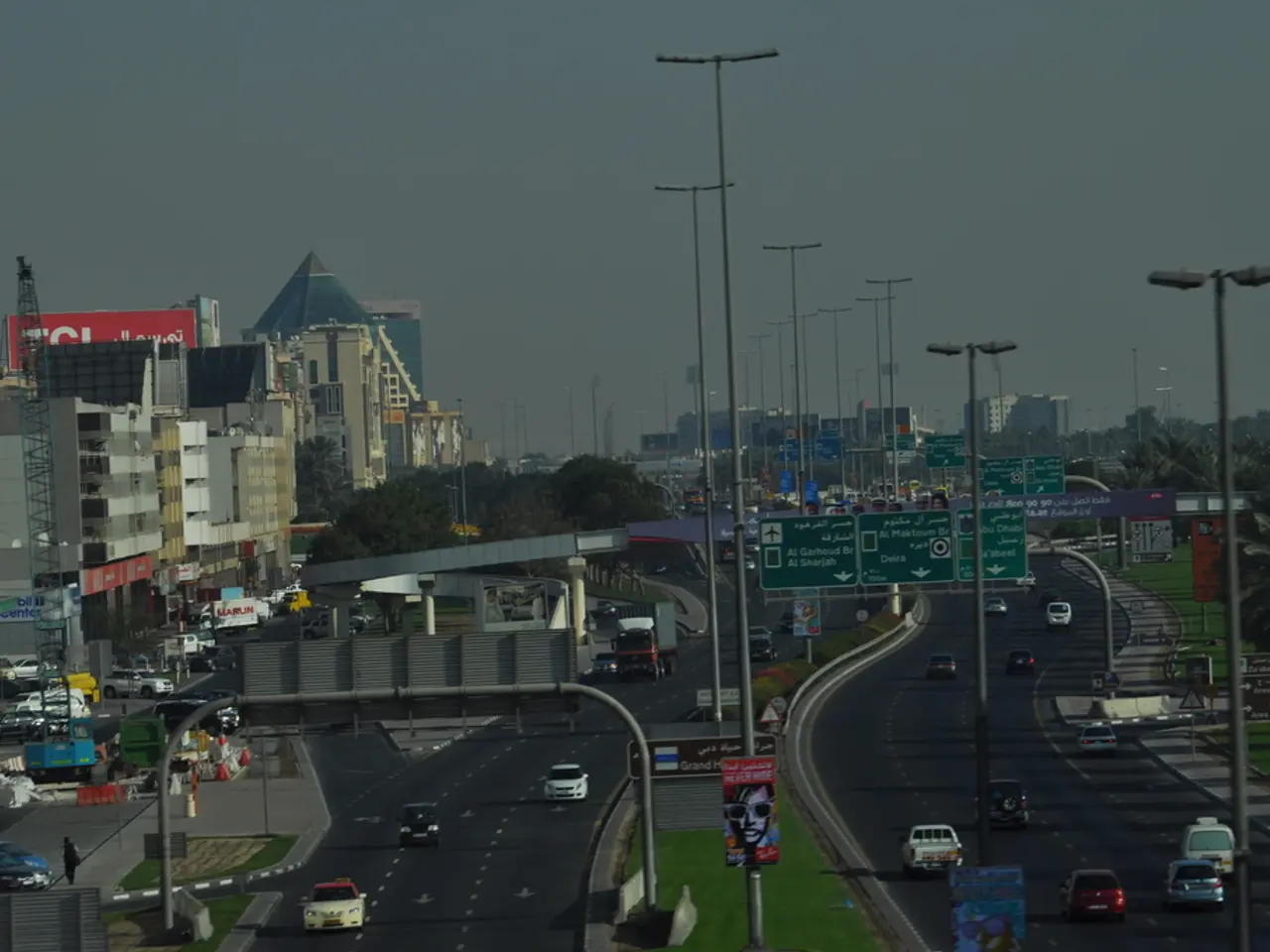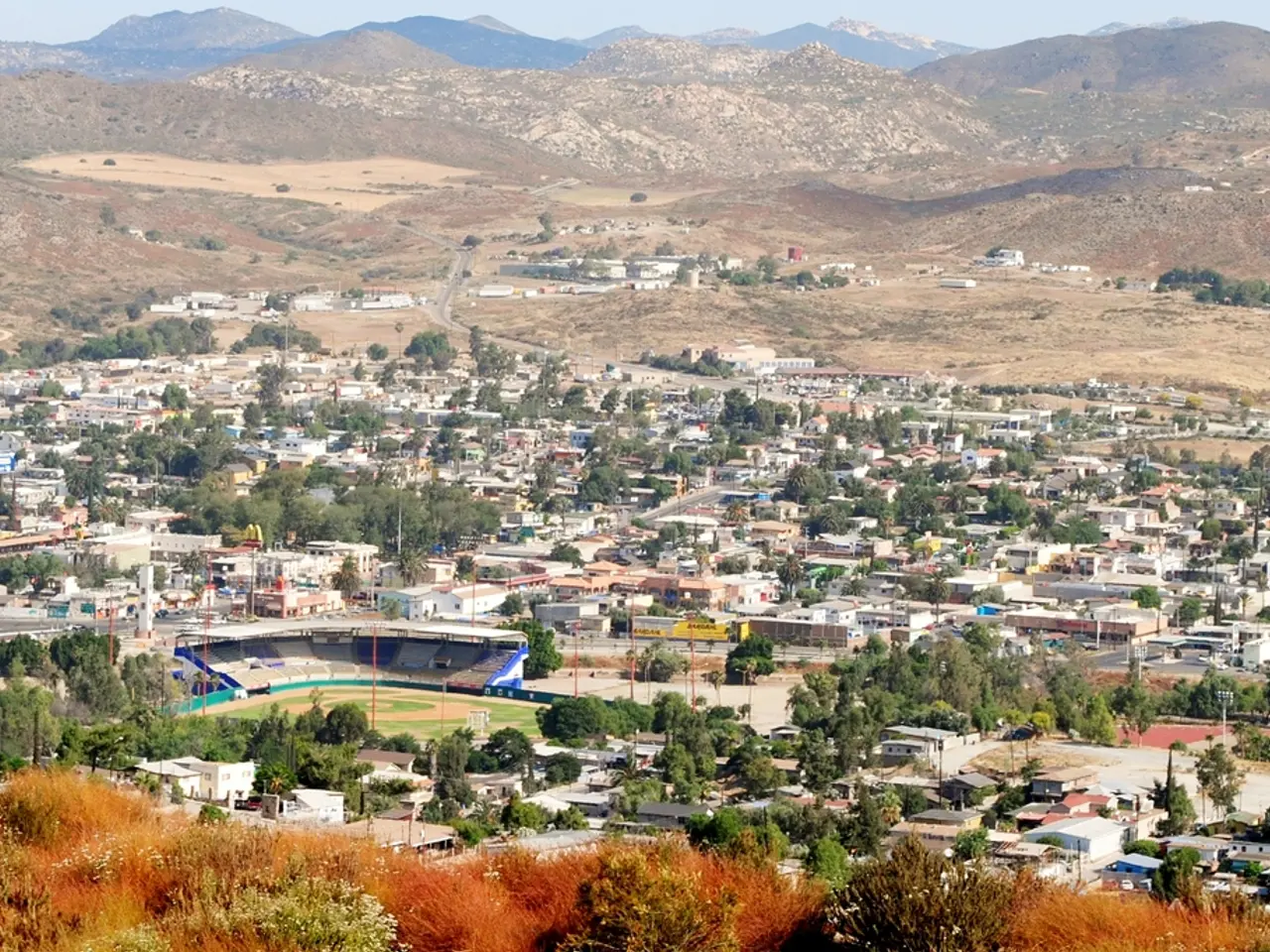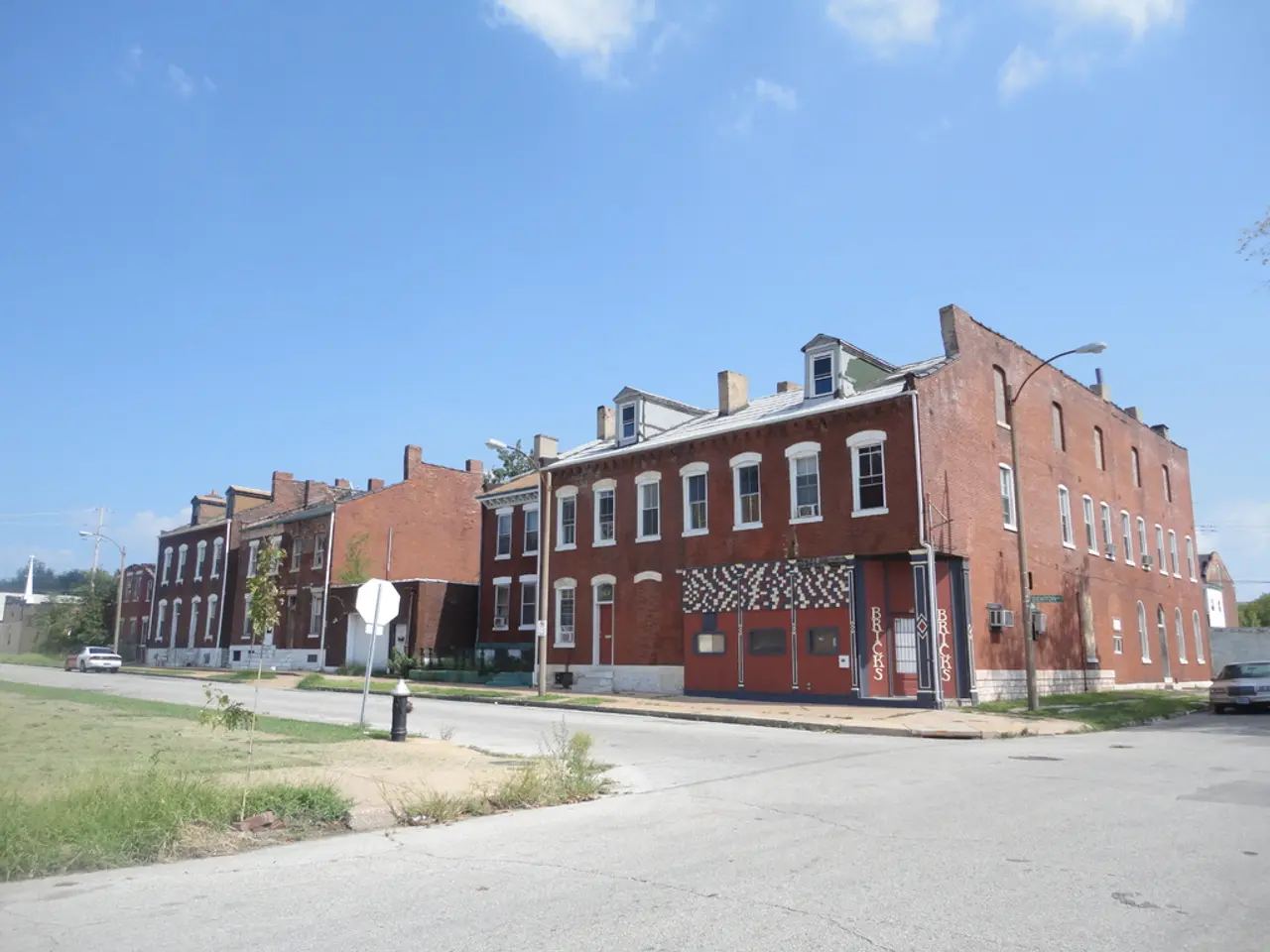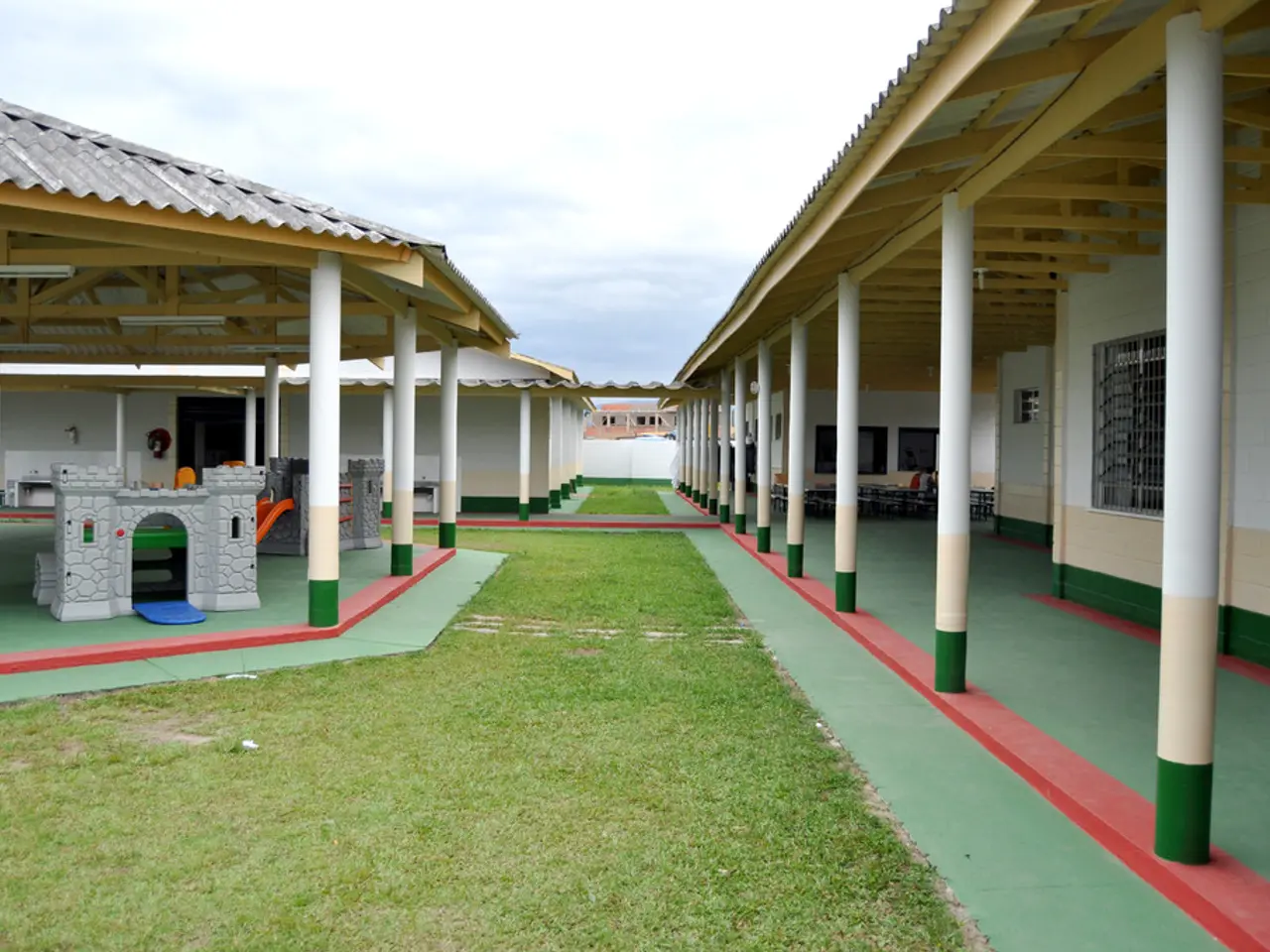Trump enacts tax legislation
On a day marked by patriotic celebrations and fireworks, US President Donald Trump signed into law the "One Big Beautiful Bill," a comprehensive tax and spending package that extends and modifies key parts of the 2017 Tax Cuts and Jobs Act (TCJA). The signing ceremony took place at the White House, with an air show as a fitting backdrop.
The bill, officially named the "One Big Beautiful Bill," represents a major legislative effort to solidify Trump’s 2017 tax reforms while expanding federal spending on infrastructure and border security. However, it has sparked debate on its economic and social consequences, as it is balanced against significant deficit increases and cuts to social welfare programs.
One of the key provisions of the bill is the permanent extension of the lower tax brackets and the roughly doubled standard deduction from the TCJA. This extension, effective in the 2025 tax year, includes additional increases to the standard deduction: $750 for individuals, $1,500 for married couples, and $1,125 for heads of household.
The bill also introduces new tax reliefs for workers. Tipped employees, such as restaurant servers and barbers, can now deduct up to $25,000 in qualified tips. There is also a new above-the-line income deduction of up to $12,500 for overtime premium payments for hourly workers.
In addition, the bill increases the cap on the State and Local Tax (SALT) deduction from $10,000 to $40,000, although this increase is set to revert after five years. The bill also boosts funding in areas such as defense, border security, and energy, reflecting key priorities of Trump’s second-term agenda.
The bill includes agriculture and infrastructure support, with biofuel tax credits, crop insurance enhancements, and a $12.5 billion allocation to overhaul the air traffic control system. The bill also preserves the not-for-profit tax status of credit unions, benefitting 142 million members nationwide.
However, the bill has faced criticism due to its potential impact on the federal deficit and social programs. The Congressional Budget Office estimates the bill would add approximately $3.4 trillion to the federal deficit over 10 years and could cause millions to lose health insurance due to cuts in healthcare and nutrition programs like Medicaid and SNAP. These projections are disputed by Republicans and the White House.
Cuts to critical safety-net programs have raised concerns about the bill’s social impact and its effect on vulnerable populations. The bill was passed through budget reconciliation, a process allowing for a simple majority in the Senate but limiting the scope of included policies. Some initially proposed provisions, such as public land sales and pausing state AI regulations, were removed, indicating internal disagreements.
Analysis and commentary have highlighted lesser-known provisions that may increase costs or limit Americans’ financial flexibility, raising questions about the bill's overall benefit to average taxpayers. Criticism has been focused on the proposed cuts to the US healthcare system Medicaid, among other areas.
As the world watched, Trump addressed invited guests about the achievements of his presidency, saying, "The world respects us again." The ceremony was accompanied by an air show, with a B-2 stealth bomber among the aircraft seen in the skies over Washington. The air show honoured the pilots of the recent US strike "Operation Inherent Resolve" on Iranian nuclear facilities.
Independence Day, celebrated on July 4, is a major non-religious national holiday in the United States. On this day in 1776, British colonies declared their independence from Britain, paving the way for the founding of the United States. This year's celebrations involved decorations in the colours of the US flag and fireworks, adding to the festive atmosphere surrounding the signing of the "One Big Beautiful Bill."
The "One Big Beautiful Bill" signing reflects a significant political effort in war-and-conflicts and policy-and-legislation, as it aims to solidify Trump’s tax reforms while increasing federal spending on infrastructure and border security. However, its economic and social consequences, including potential deficit increases and cuts to social welfare programs, have sparked heated debates in the general-news sphere.
Criticism of the bill has centered on its potential impact on the federal deficit and social programs, with concerns raised about the cuts to critical safety-net programs and their effect on vulnerable populations. The bill also faces scrutiny for lesser-known provisions that may increase costs and limit financial flexibility for average taxpayers, raising questions about the bill's overall benefit to the public.





